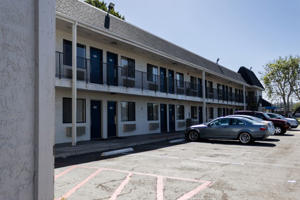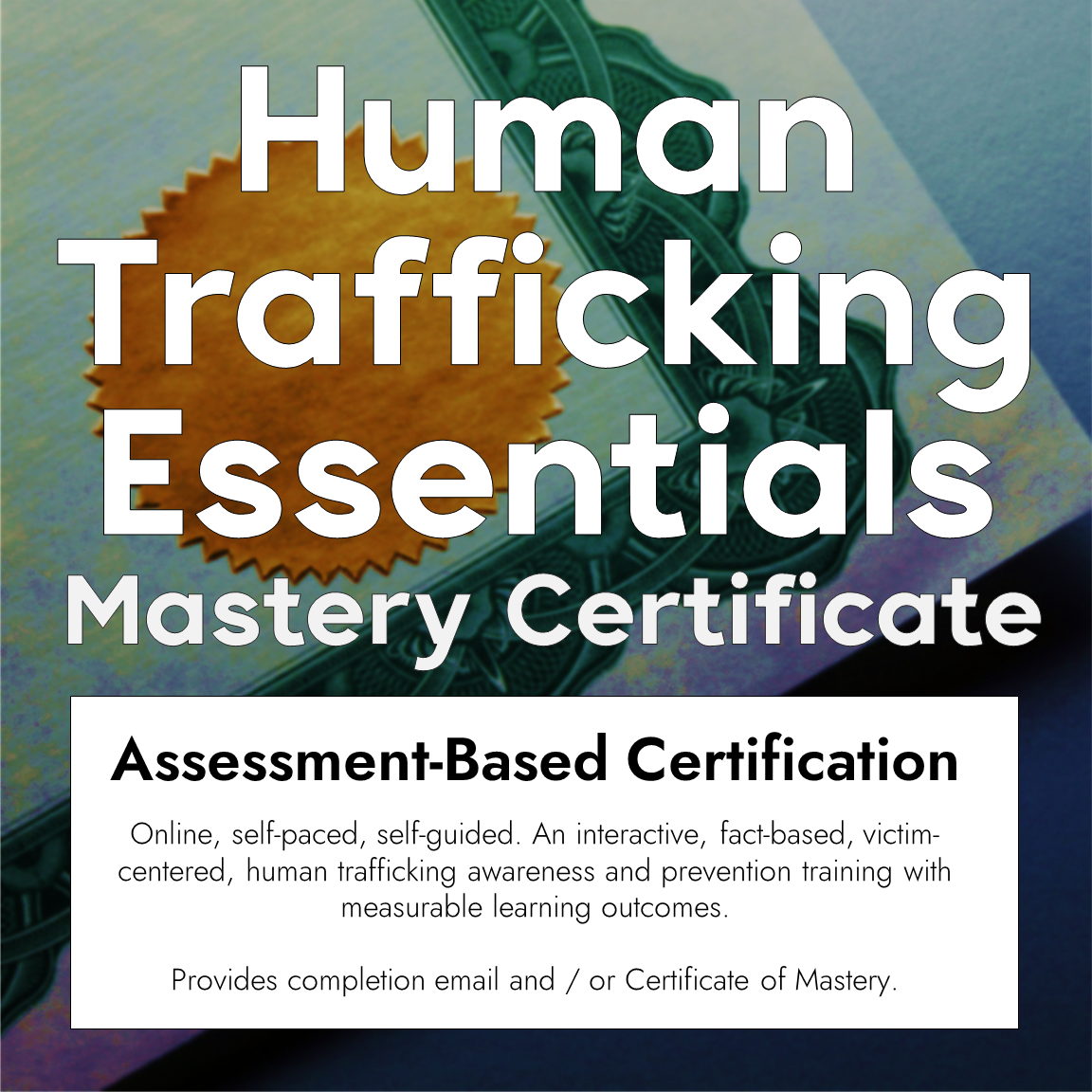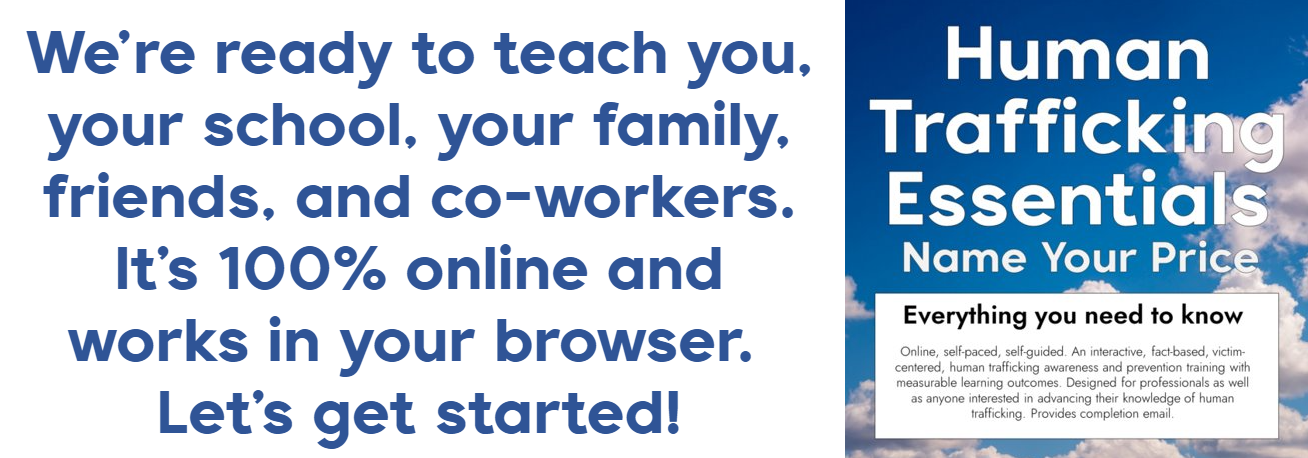The new standard for El Cajon hotels: one 911 call per room, per year. Or else.

El Cajon has already ramped up control over organizations that help homeless people rent rooms.
It's held hearings increasing oversight on a handful of hotels that were allegedly sites of high-profile crimes.
Now leaders have given initial approval to new rules for all motels, including a limit on 911 calls concerning fights, drugs or other “nuisance” activity.
If police have to respond more than an average of once per room, per year, owners may have to pay up.
The City Council voted unanimously Tuesday to make the change as part of a zoning code update.
If it's approved again at a future meeting, the rule would take effect 30 days later.
The move is the latest chapter of a long-running dispute about crime and homelessness in East County's largest city.
El Cajon initially tried to fine several hotels accepting high numbers of homeless vouchers, arguing that the facilities had become de-facto shelters without enough support services, but officials backed down after California's attorney general said the proposal amounted to housing discrimination.
When leaders regrouped to figure out a way to sidestep the threat of a lawsuit, they realized they might have a bigger problem on their hands.
Council members read a 2005 report by the U.S. Department of Justice, which noted that well-run facilities shouldn't have to call police or firefighters more than once per room, per year. A 20-room motel, for example, should annually ask for help no more than 20 times.
El Cajon has 2 hotels and 16 motels. One review by staffers found that only four places were under that limit. Five were close while nine were significantly above.
However, it's not clear if the 14 facilities breaking the threshold face any immediate risk of censure.
Some city analyses combined police and medical calls, and the new rules are tailored more narrowly to “criminal or nuisance activities.”
That can include “disturbance of the peace,” public drunkenness, “excessive noise,” “illegal parking” and “harassment of passersby,” along with more serious incidents, like homicides.
Breaking the limit could eventually lead El Cajon to “recover its costs” by making the hotel reimburse the city for time spent by officers and staff.
“What we're saying is: Be more mindful of who you rent a room to,” Councilmember Steve Goble previously said.
On Tuesday, he added that certain medical calls should potentially be limited as well. He said one local motel had recently asked for paramedics and the like around 150 times, a number he called “excessive.”
Concerns have been raised that a call threshold could discourage people from dialing 911 during true emergencies.
“Asking business owners to restrict the calls to service could really have a chilling effect in notifying the police of real serious either criminal activity or medical issues,” Sally Schifman, a representative of The El Cajon Inn & Suites, said at a hearing earlier this month.
“I think we'd all like to believe that arguing, fighting, domestic violence, battery, drug use is preventable,” she added. “But I'd like to ask whether it's fair to place the burden of preventing such behaviors in others on an individual business.”
The proposal also requires staff at hotels helping homeless people rent rooms to complete human trafficking training.
Furthermore, facilities would have to submit monthly reports to the city detailing what homelessness providers they were working with, how many people were in the program and how long participants had been there.
This story originally appeared in San Diego Union-Tribune.
This “Eyes on Trafficking” story is reprinted from its original online location.
Fair Use Notice: The PBJ Learning Knowledge Vault is dedicated to advancing understanding of various social justice issues, including human trafficking and related topics. Some of the material presented on this website may contain copyrighted material, the use of which has not always been specifically authorized by the copyright owner. We are making such material available in our efforts to promote education and awareness of these important issues. There is no other central database we are aware of, so we put this together for both historical and research purposes. Articles are categorized and tagged for ease of use. We believe that this constitutes a ‘fair use' of any such copyrighted material as provided for in section 107 of the US Copyright Law. In accordance with Title 17 U.S.C. Section 107, the material on this site is distributed without profit to those who have expressed a prior interest in receiving the included information for research and educational purposes. For more information on fair use, please visit: “17 U.S. Code § 107 – Limitations on exclusive rights” on Cornell Law School's Legal Information Institute.

ABOUT PBJ LEARNING
PBJ Learning is a leading provider of online human trafficking training, focusing on awareness and prevention education. Their interactive Human Trafficking Essentials online course is used worldwide to educate professionals and individuals how to recognize human trafficking and how to respond to potential victims. Learn on any web browser (even your mobile phone) at any time.
More stories like this can be found in your PBJ Learning Knowledge Vault.
EYES ON TRAFFICKING
This “Eyes on Trafficking” story is reprinted from its original online location.
ABOUT PBJ LEARNING
PBJ Learning is a leading provider of online human trafficking training, focusing on awareness and prevention education. Their interactive Human Trafficking Essentials online course is used worldwide to educate professionals and individuals how to recognize human trafficking and how to respond to potential victims. Learn on any web browser (even your mobile phone) at any time.
More stories like this can be found in your PBJ Learning Knowledge Vault.

